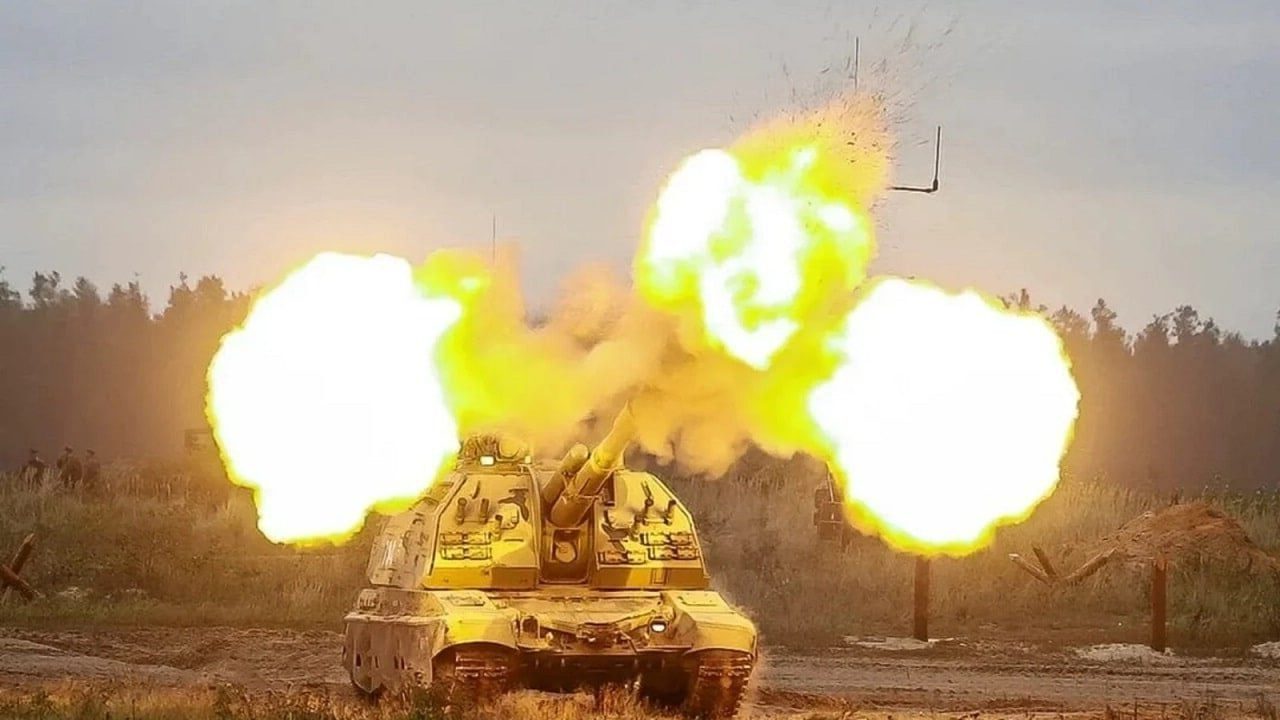It is approximately 4,700 miles from the Korean peninsula to Ukraine. Yet, it now appears that both North and South Korea are playing a not-so-insignificant role in the conflict between Moscow and Kyiv.
It was reported in September that Russia had resorted to purchasing millions of artillery shells and rockets from North Korea to support its war effort. Now, it appears South Korean ordnance will be aiding Ukraine.
U.S. officials announced on Thursday that the United States would buy 100,000 rounds of 155mm howitzer artillery shells from South Korean manufacturers, which would then be sent to Ukraine, The Wall Street Journal reported. The deal comes as Ukrainian leaders have pleaded for additional weapons and aid to press their advantage on the battlefield. Kyiv’s counteroffensive is successfully pushing back Russian forces from some areas that have been occupied since Moscow launched its unprovoked invasion in late February.
The deal between Washington and Seoul is also reported to be welcome news to U.S. military leaders – notably those in the U.S. Army and U.S. Marine Corps – who had expressed concerns that the persistent transfer of howitzer ammunition to Ukraine had depleted the Pentagon’s stockpiles. Large quantities of 155mm howitzer shells from the U.S. military have already been supplied, and the U.S. has recently shifted to sending older 105mm ordnance.
Over the summer, the fighting in the eastern Ukraine region of Donbas transitioned to an artillery slug match between the two sides. Ukraine has been firing upwards of 7,000 rounds daily, while Russia has been rumored to be using as much as three times as many rounds a day.
Russian Stockpiles Depleted
Given the massive amounts of shells fired by both sides, it isn’t surprising that Russia turned to North Korea to acquire the ordnance to continue its war effort. North Korea has relied on weapons systems based on Soviet designs, and thus its shells are compatible with those employed by the Russian military.
Yet, by contrast, nearly all of the former Communist Bloc nations in Europe – which also have utilized Cold War-era military hardware – have instead provided aid instead to Ukraine.
How much Pyongyang can actually provide is still unknown. The Hermit Kingdom has endured United Nations sanctions, which were imposed in response to its recent nuclear and ballistic missile tests. Any arms sales to Russia by North Korea would therefore be a violation of those UN resolutions banning Pyongyang from exporting to or importing weapons from, other countries.
Though both Pyongyang and Moscow have denied the transfer of artillery shells and rockets, North Korea has still aligned with Russia over the war in Ukraine while also blaming the United States for the crisis, insisting that the West’s “hegemonic policy” has forced Russia to take military action to protect its security interests.
A Shift in South Korean Policy
It also isn’t clear if North Korea’s support for Russia has changed minds in South Korea, but until recently, Seoul had only committed to sending non-lethal equipment and supplies to aid Kyiv.
Both North and South Korea maintain massive stockpiles of ammunition due to the decades-long tensions along the heavily fortified and militarized border. Whether North Korea will be able to replenish its own supplies of artillery shells also isn’t clear, but according to reports, the ordnance sent by South Korea won’t come from its own military stockpiles.
It does seem that the conflict in Ukraine is becoming a proxy war between the two Koreas.
A Senior Editor for 1945, Peter Suciu is a Michigan-based writer. He has contributed to more than four dozen magazines, newspapers, and websites with over 3,000 published pieces over a twenty-year career in journalism. He regularly writes about military hardware, firearms history, cybersecurity, and international affairs. Peter is also a Contributing Writer for Forbes and Clearance Jobs. You can follow him on Twitter: @PeterSuciu.

